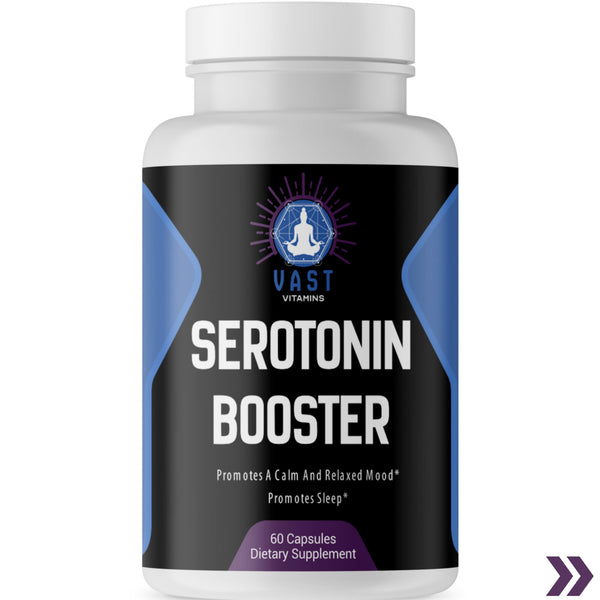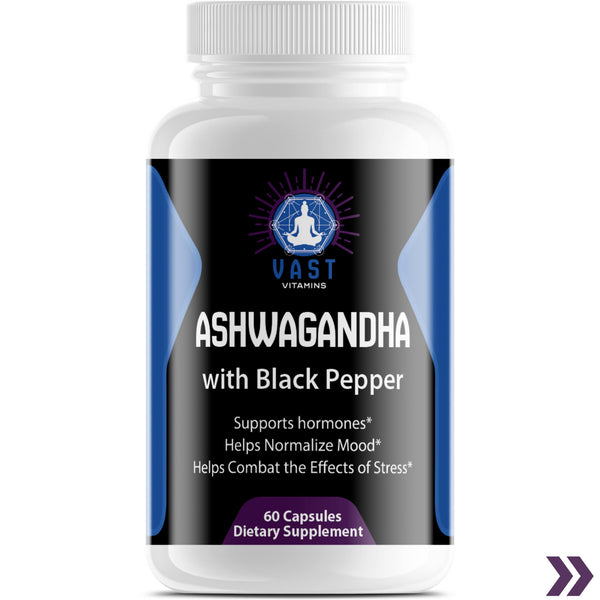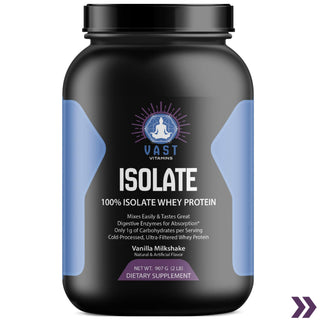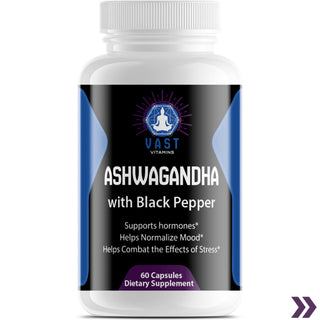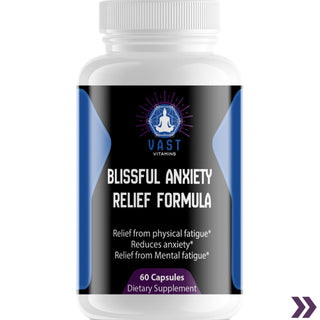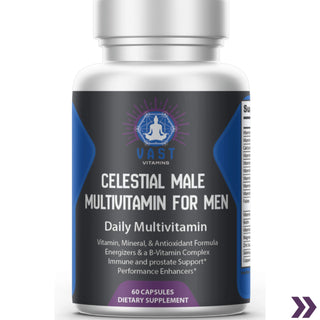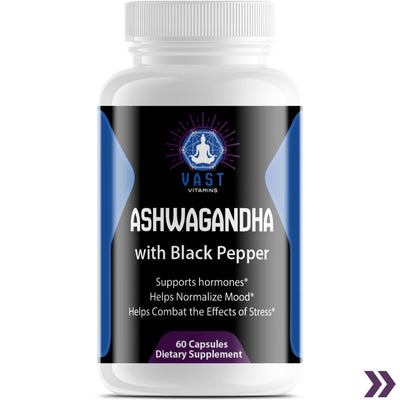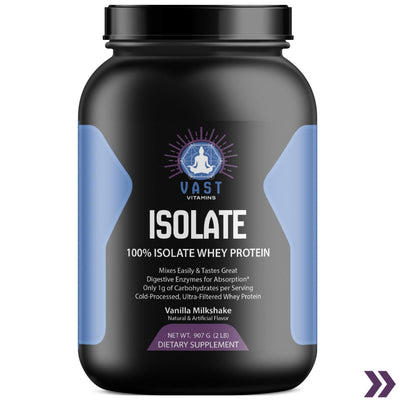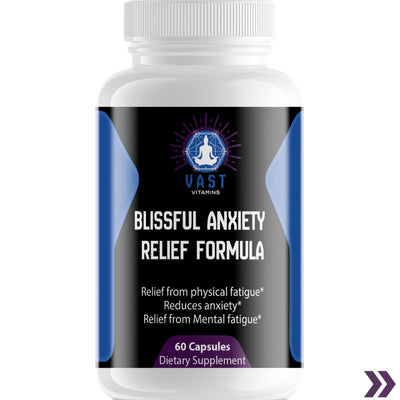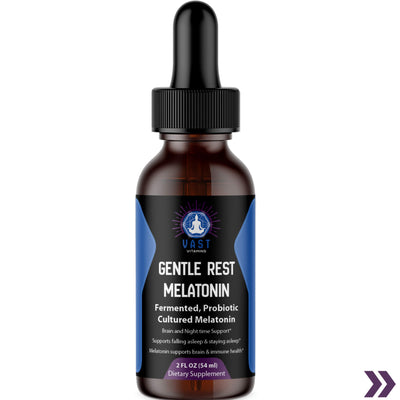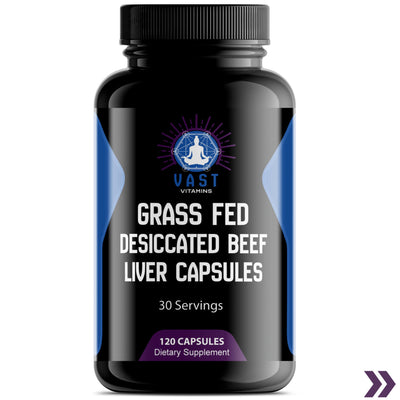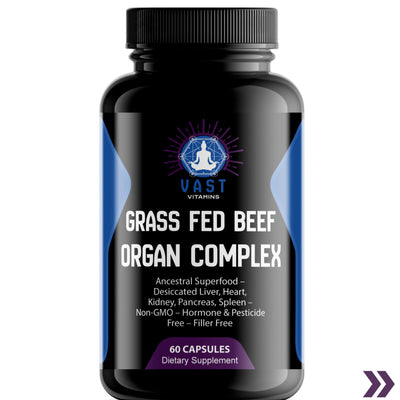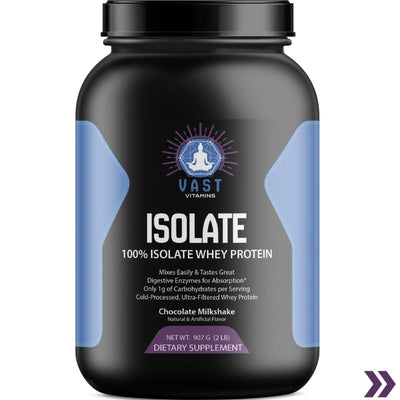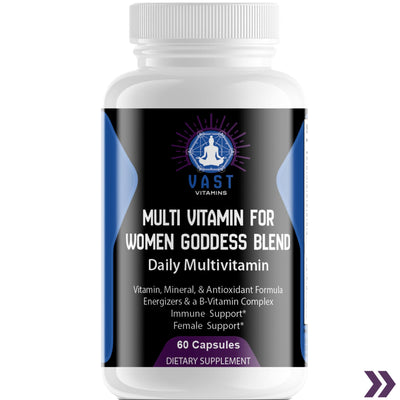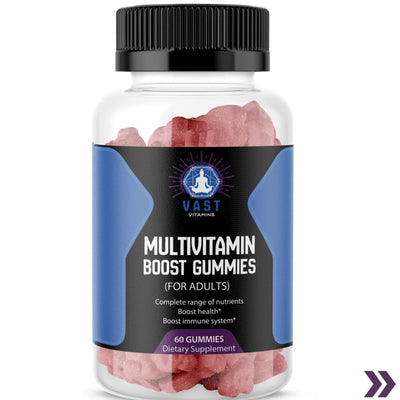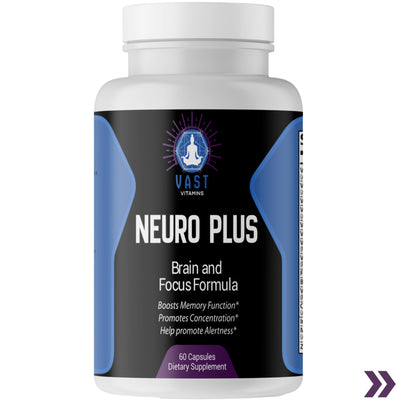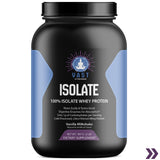Researchers are now discovering The various connections between what you eat and how you sleep. The foods you eat may actually affect your sleep, and you may be able to improve your sleep by eating particular foods. This article will explore this topic.
New Research Shows How Important Sleep Is for Weight Loss
Several studies have shown that getting adequate rest may contribute to weight loss, and that not getting enough sleep may contribute to weight gain. A recent study from the University of Illinois also showed that sleep deprivation may increase the risk of obesity.
A large-scale, long-term study that investigated the effects of insufficient sleep and weight gain revealed that reduced eating did not offset the weight gain linked to insufficient sleep. It could be as a result of the impact of insufficient sleep on metabolic functioning. Inadequate sleep stimulates the production of the stress hormone cortisol, which stimulates appetite.
Key takeaways for sleep and weight gain Clinical studies.
• A study found that getting 5 to 6 hours of sleep led to an average weight gain of nearly 3 pounds.
• Those who slept less than 5 hours a night had a 27% greater chance of becoming obese than did those who slept 7 hours.
• Another study concluded that insufficient sleep may be a risk factor for obesity and that sleeping too much may also be a risk factor for obesity.
• Sleeping less than 5 hours a night was associated with a 16% higher risk of obesity.
Avoid Stimulants Before Bed.
Eating chocolate, refined sugar, caffeine, and refined grains during the day and into the evening can have a stimulating effect on a person’s body and mind. Some people may experience a stimulative effect that goes well into the night. Additionally, experts recommend that you also avoid the following foods, particularly in the evenings and/or right before bed: Red meat and other processed meats,
- Alcohol- One of the reasons alcohol can disrupt your sleep patterns and make for poor sleep quality is because it is a diuretic. especially In the case of beer.
- Drinking before bed will most likely lead to you getting up to go to the bathroom during the night.
- Caffeine stimulants your nervous system, and it's also been suggested that caffeine can stimulate the kidneys. Making it hard to stay asleep.
- Spicy and/or greasy fried foods can cause heartburn. Heartburn will make it next to impossible to sleep
What should you eat before bed for a good night's sleep? Sleep-promoting foods
Food That Are High In Magnesium.
- Almonds
- seeds
- black beans
- salmon
- dark leafy greens
- and most whole grains
The list above are all excellent sources of magnesium, but you should keep away from beans should they cause you intestinal distress.
Magnesium is good for muscle and nerve function, particularly in relaxing muscles making it easy for you to fall asleep and stay asleep.
- * Complex carbohydrates, such as whole grains, may also promote sleep, as they are said to stimulate serotonin in the brain.
- * Plain, low-fat yogurt with raw honey makes a good bedtime snack.
Magnesium Promotes Healthy Melatonin Levels.
Raw honey contains magnesium to promote sleep and muscle relaxation. Magnesium is also important to the production of melatonin in the body. Melatonin is a hormone produced during sleep and is also important for sleep. Healthy melatonin levels help you stay asleep instead of waking up in the middle of the night.
Lack Of Sleep And Junk Food.
Lack of sleep could cause you to gain weight. You should try to get some rest before going to work or school. Don't eat junk food when you're tired because you'll feel more sluggish than usual. Instead, eat healthy foods such as fruits and vegetables to give you energy.
The vicious cycle of sleep deprivation sabotages your weight and health. Your body goes for comfort foods when you're tired. This leads to more fatigue and even more bad eating habits. Eventually, you'll gain unwanted pounds and develop unhealthy lifestyle habits. The American people tend to think they can get away with sleeping less than 7 hours per night. This is wrong. They need 7.5+ hours of sleep every day to function properly. Sleeping less than this causes them to suffer from
- Insomnia
- Depression
- Weight gain
- Heart disease
- Diabetes
- Cancer
- And many other health problems.
Sleeping hygiene.
Sleep is essential for our:
- Physical health
- Mental clarity
- And emotional stability
We need more than seven hours of sleep each night. Poor sleep habits can be corrected by improving your sleep hygiene. You should try to go to bed at the same time every day and wake up at the same time every morning. Do not use electronic devices before bedtime.
Try to avoid these things after 3 p.m.
- Caffeine
- Alcohol
- Nicotine
- And other stimulants before bedtime
Make Sure To Manage These Important Sleep Factors.
- Exercise regularly
- Eat a healthy diet
- And manage stress.
Avoid any caffeine in the afternoon, exercise but not too close to bedtime. Pizza and beer before bedtime isn't a good idea. Neither is eating a big meal near bedtime. Eating a heavy meal close to bedtime can cause heartburn and make you sleepy the next day.
The link between sleep and diet: The hidden connection.
The sleep diet is a popular topic among many people who want to lose weight. Some studies show that when we get less than 7 hours of sleep each night, our body temperature drops by two degrees. So, if you want to be skinny, try going to bed earlier! We should get around 7.5 hours of sleep each night, according to Dr.Breus. This helps us lose weight. Ghrelin increases as we become sleep-deprived. Leptin decreases as we become sleep-deprived. Ghrelin is an appetite hormone that makes us want to eat. Leptin is a hormone that tells our brains to stop eating. When we are sleep-deprived, Ghrelin increases and Leptin Decreases, making us feel hungrier and want to eat even more.
Conclusion On Diet Sabotaging Your Sleep.
In conclusion, it is important to be aware of how the foods you eat can impact your sleep. Eating healthy foods throughout the day can help you get a good night's sleep and feel energized during the day. Avoiding caffeine and sugary snacks close to bedtime can also help you get a good night's sleep. If you are struggling to sleep, consider talking to your doctor about your diet and how it may be impacting your sleep. You may also want to consider supplements like magnesium, Ashwagandha with Black Pepper and 5 htp if you're really having a tuff time sleeping.
FAQ On Diet Sleep And Weight Loss
What is the Sleep Diet?
Maybe you have even heard about the sleep diet, which suggests you can lose weight while you sleep.
What is Sleep Disorder?
Sleep disorder is a condition that disrupts the sleep cycle of an individual. It can be caused by any number of factors, including stress, anxiety, depression, mental health issues, medical conditions and medications.
How much sleep do you need?
On average, we need about 7.5 hours of quality sleep per night.
What is sleep deprivation?
Sleep deprivation refers to the condition in which a person has not slept. It can be caused by many factors, such as stress, anxiety, and depression. Sleep deprivation may also occur due to shift work or irregular sleeping patterns
What Should You Eat?
Magnesium
Almonds, seeds, black beans, salmon, dark leafy greens, and most whole grains are all excellent sources of magnesium, but you should keep away from beans should they cause you intestinal distress. Magnesium is good for muscle and nerve function, particularly in relaxing muscles making it easy for you to fall asleep and stay asleep.
What's the problem with sleep debt?
If you accumulate too much sleep debt, your body will crash.” Not getting enough sleep is common -- even talked about with pride -- in the U.S.
How Can You Get Sleep?
Exercise also helps improve sleep quality.
What Are The Best Sleep Habits?
For starters, avoid any caffeine in the afternoon because it will keep you in the lighter stages of sleep -- which are associated with poor sleep -- at night. Reduce the amount of blue light you take in before bed. use blue-blocking glasses to block the blue light from your tv and phone.
What is a sleep specialist?
A sleep specialist, also known as a sleep physician or sleep therapist, is someone who has completed an accredited training program and is board certified in the field of sleep medicine. Sleep specialists are trained to diagnose and treat sleep conditions.
Are There Supplements That Can Help Me Get Sleep.
Short answer is yes. Magnesium Glycinate, 5-HTP and Ashwagandha with Black Pepper are all great for relaxing the body and making it easier to sleep.
What is nutrition?
Nutrition is the science of how food affects our body. It’s about what we eat and why, as well as how much and when. Nutrition helps us understand health and disease, and it can help you lose weight or gain weight Nutrition helps the body to have energy and function properly.
What are the essential vitamins?
Vitamins are essential for the body to function properly. There are thirteen essential vitamins: Vitamin A, B1 (Thiamin), B2 (Riboflavin), B3 (Niacin), B6, B12, C, D, E, Folate (Folic Acid), and Pantothenic Acid.
What are the benefits of a balanced diet?
A balanced diet has many benefits, including maintaining a healthy weight, providing necessary vitamins and minerals, and reducing the risk of chronic diseases.
How Can Sleep Help Lose Weight?
Getting enough hours of quality sleep can improve dietary decision-making and contribute to a well-rounded weight loss plan .
What is sleep?
Sleep is a complex behavior that has been extensively studied in humans and other mammals. In humans, sleep is defined as the reversible loss of consciousness during which most brain functions are suspended. Sleep is essential for the body to function properly.
What are the effects of sleep on weight?
Sleep is important for maintaining a healthy weight. When people don't get enough sleep, they're more likely to be overweight or obese. Sleep deprivation can cause changes in the hormones that control appetite and lead to overeating. Additionally, lack of sleep can make it harder to stick to a healthy diet and exercise plan..
What are the effects of sleep deprivation on food consumption?
There are a few effects of sleep deprivation on food consumption. One is that people who are sleep-deprived tend to eat more, especially foods that are high in calories and unhealthy fats. Additionally, people who are sleep-deprived are more likely to crave sugary foods and drinks. This is because when people are tired, their brain releases less of the hormone leptin, which signals the body to stop eating. Additionally, sleep deprivation can lead to weight gain over time.
What are the effects of sleep deprivation?
The effects of sleep deprivation can be significant. Lack of sleep can lead to decreased productivity, impaired judgment, and even accidents. It can also have a negative impact on mood and cognitive function.
What are the benefits of eating healthy?
“Eating healthy and allowing the body to absorb proper nutrients provides the brain with the chemical environment that it needs to produce the neurotransmitters that it needs to maintain adequate sleep,
What are the benefits of sleep?
Our circadian rhythms keep our body clock running on time, which in turn keeps all of our bodily functions running on schedule — such as falling asleep at night, waking up in the morning, feeling hungry when we need energy, and metabolizing the food we eat.
What is circadian rhythm?
Diet and food choices help regulate our circadian rhythm, the roughly 24-hour cycle that our body follows each day.
What are some tips for eating healthy?
Focus on general healthy eating guidelines — and not skipping or shifting meals too much.
What is Caffeine?
Caffeine makes us feel more alert by blocking the production of the chemicals in the brain that tell our bodies to sleep.
Can Red Wine Make You Drowsy?
Yes, a glass of red wine (or another cocktail) can definitely make you drowsy, but there’s research that shows it actually disturbs the quality of your sleep later in the night.
What are the dangers of drinking too much?
The result: you wake up feeling less rested after a night of heavy drinking or drinking too much too close to when you try to sleep than on nights you skip the libations.























